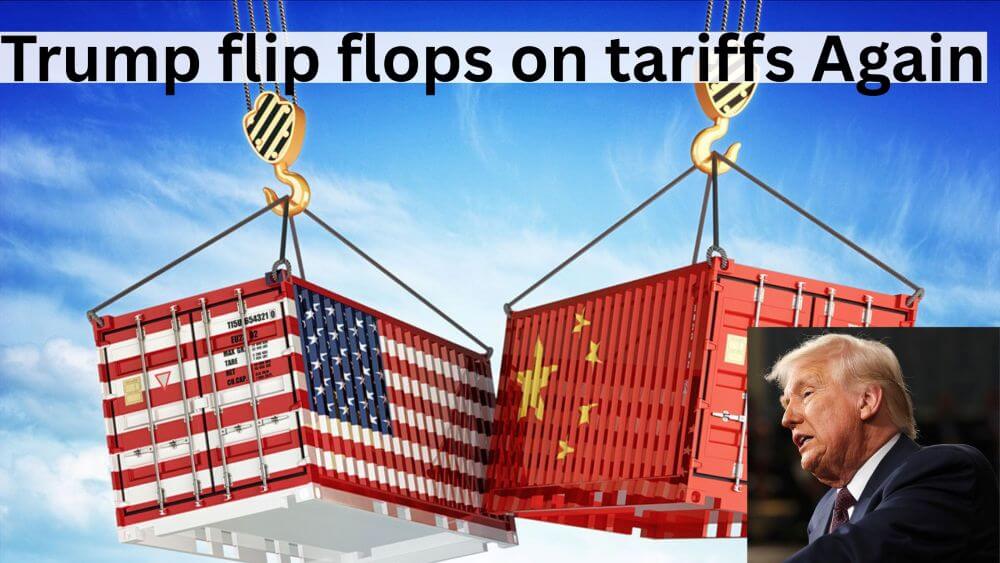In a major policy shift, the Trump administration has exempted smartphones, computers, and other critical electronics from its latest wave of tariffs, sparing tech companies and consumers from potentially steep price hikes. This exemption comes amid escalating trade tensions with China, which had prompted reciprocal tariff hikes on both sides.
US Customs and Border Protection announced late Friday that these exemptions, retroactive to April 5, would apply not only to devices like iPhones and laptops but also to key components such as semiconductors, memory cards, and solar cells. While most countries will face a 10% blanket tariff starting this summer, China remains the target of much steeper levies, now set at 145%.
This is the first significant reprieve in Trump’s hardline stance on Chinese imports. Analysts say the move could reshape the tech landscape. Dan Ives of Wedbush Securities called it a “game changer scenario,” especially for giants like Apple, Nvidia, and Microsoft. These companies had warned that the cost of their products could triple if tariffs were enforced on their Chinese-made goods.
The White House insists this is not a softening of its trade posture but a strategic maneuver to encourage tech firms to shift their manufacturing to the U.S. “America cannot rely on China to manufacture critical technologies,” said Press Secretary Karoline Leavitt, emphasizing Trump’s vision of onshoring production.
Apple, which relies heavily on Chinese factories—with 80% of U.S.-bound iPhones assembled there—is already expanding its operations in India and Vietnam. The tariff relief gives it and other companies more breathing room as they diversify their supply chains.
This policy reversal also signals Trump’s continued use of tariffs as a negotiating tool. Countries that have not retaliated against U.S. tariffs are being granted a 90-day pause, with China being the main exception due to its reciprocal 84% tariff hike on U.S. goods.
For now, U.S. consumers and tech investors can breathe easier. But with global trade dynamics shifting rapidly, the long-term impact of these policies remains uncertain.
Previous Politics posts
- In the U.S. for More Than 30 Days? You Must Register or Face Deportation
- Trump Targets Sanctuary Cities: Crime, Compassion, and Consequences
- From Russian Prison to Freedom: Ksenia Karelina’s Rescue by Trump

Leave a Reply